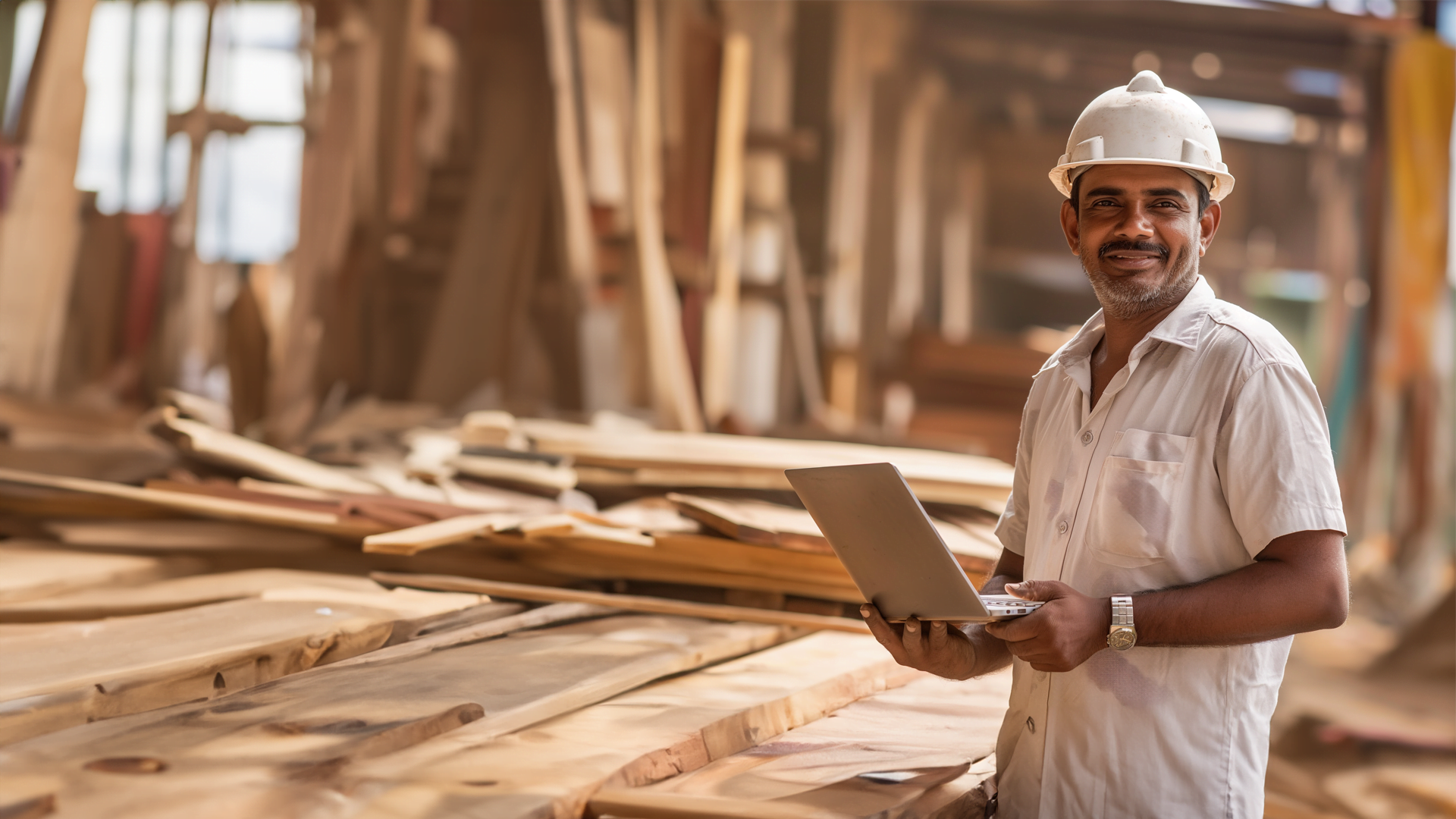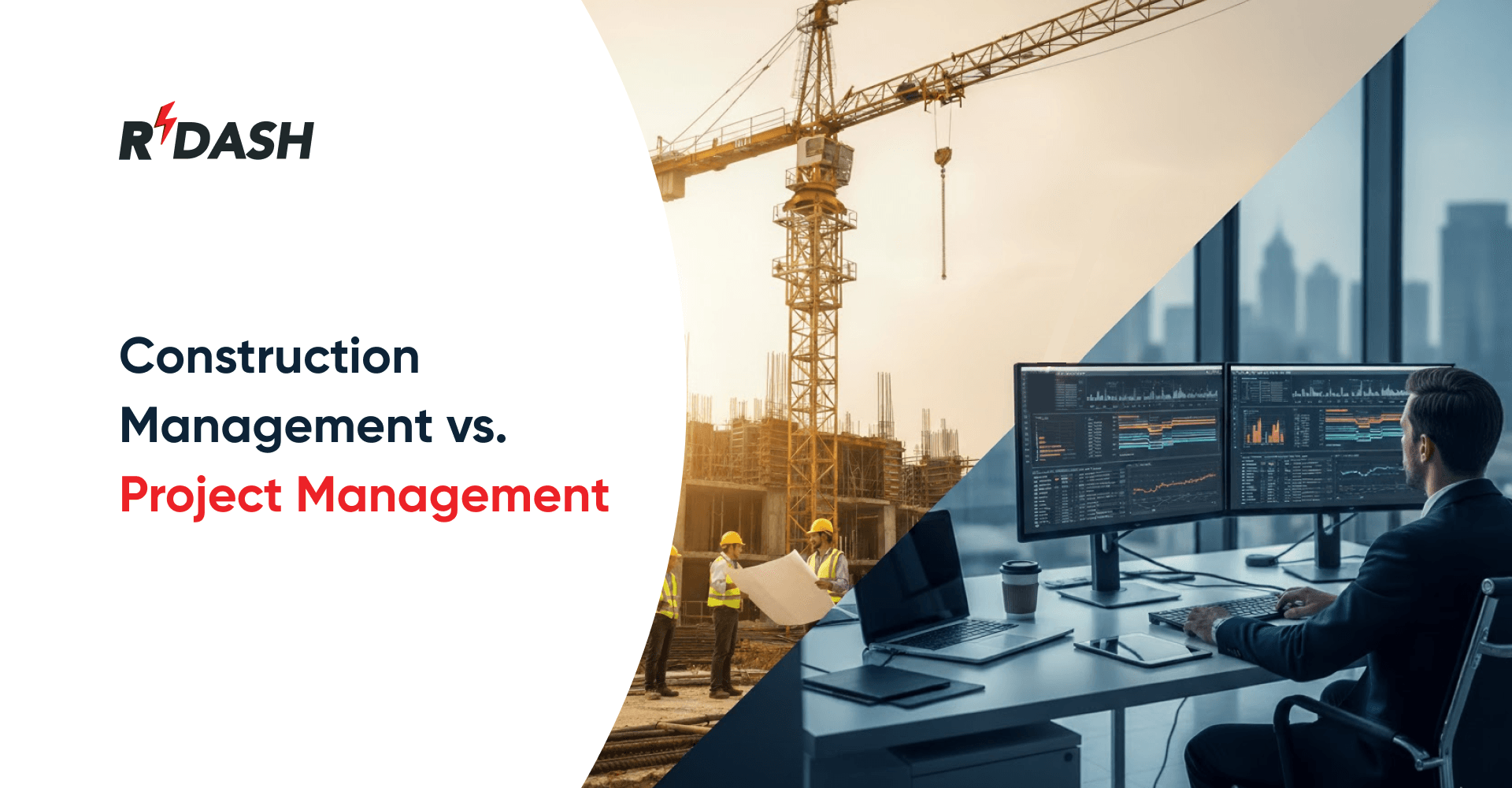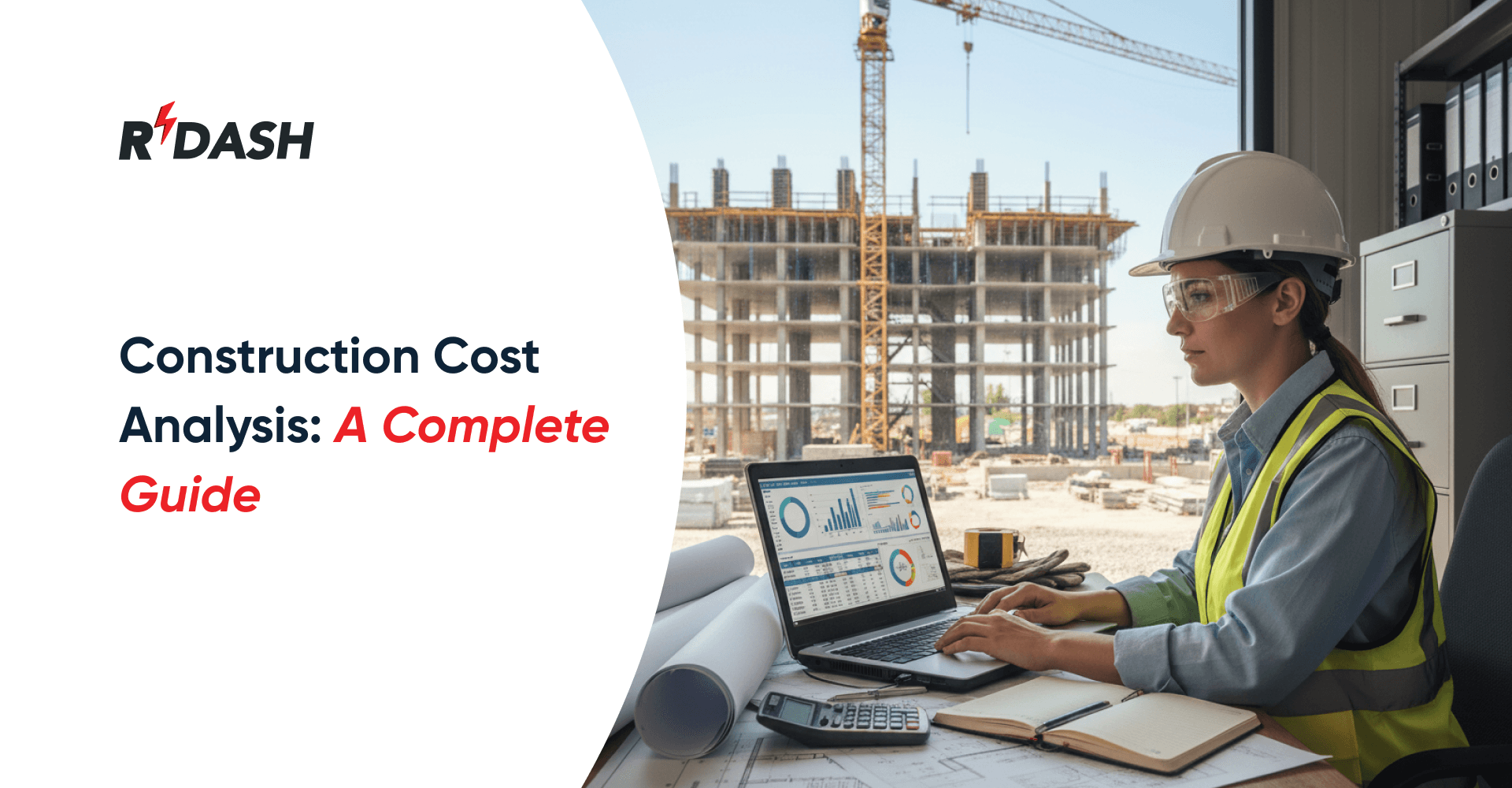Construction material management is crucial for the success of any construction project. It involves planning, procuring, storing, and utilizing materials efficiently to minimize waste, reduce costs, and ensure timely project completion.
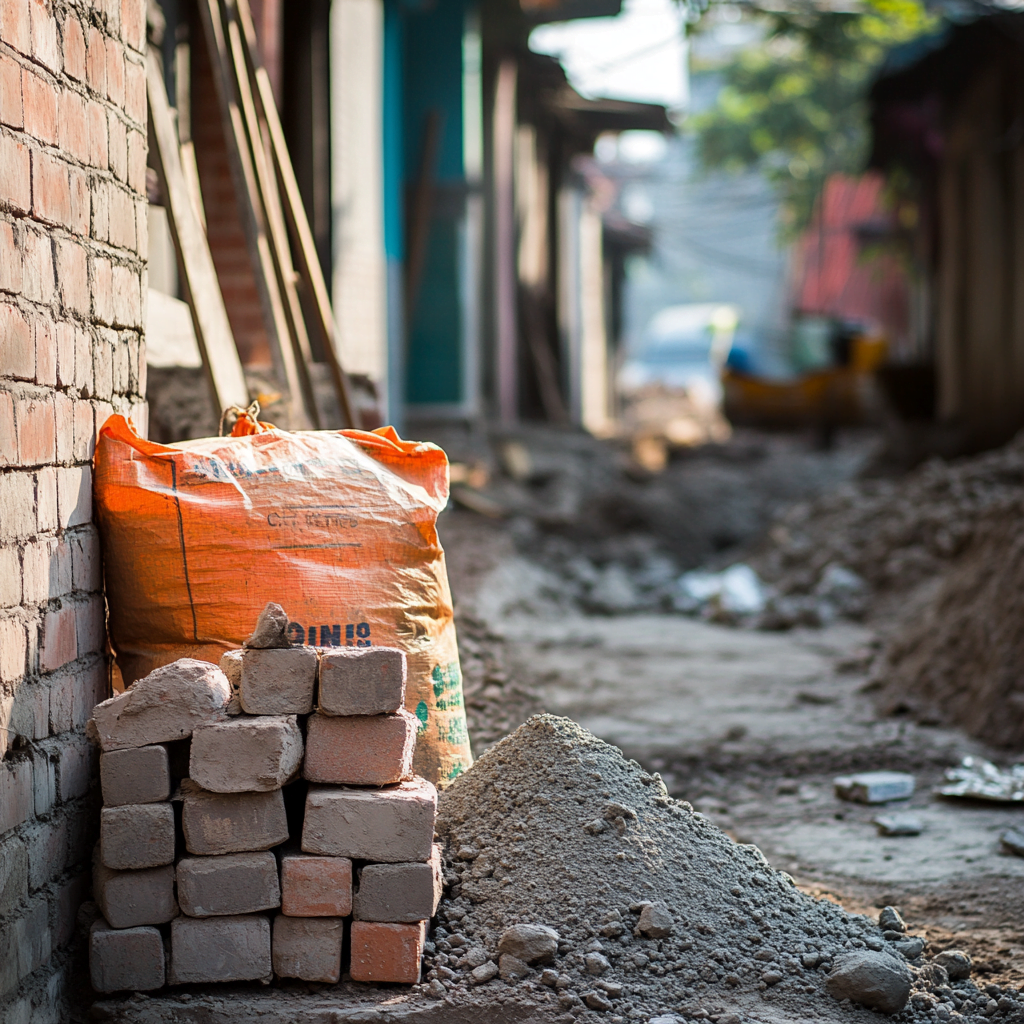
What is Construction Material Management ?
Construction material management is a critical aspect of the construction industry, ensuring that all necessary materials are available when needed, in the right quantities, and of the appropriate quality. Efficient material management can significantly impact the success of a project, influencing timelines, budgets, and overall quality. In the context of India’s diverse and rapidly growing construction sector, effective material management is even more vital due to varying geographical terrains, climatic conditions, and regulatory requirements.
Importance of Construction Material Management
Effective construction material management involves planning, procuring, storing, and utilizing materials in a way that minimizes waste, reduces costs, and ensures that the project progresses smoothly. Here are some key reasons why material management is crucial:

- Cost Control: Proper management helps in avoiding over-purchasing or under-purchasing of materials, which can lead to budget overruns or project delays. By accurately forecasting material needs and managing procurement processes, construction companies can optimize their budgets and allocate resources more effectively.
- Time Management: Ensures that materials are available when needed, preventing work stoppages and keeping the project on schedule. Timely availability of materials is crucial in maintaining the momentum of construction activities and avoiding costly delays.
- Quality Assurance: Involves selecting the right quality materials, which is essential for the structural integrity and longevity of the construction. Ensuring that materials meet specified standards and are sourced from reputable suppliers can prevent future issues related to structural weaknesses or defects.
- Waste Reduction: Efficient material handling reduces waste, contributing to more sustainable construction practices. Reducing waste not only lowers costs but also minimizes the environmental impact of construction activities, aligning with global sustainability goals.
Key Components of Construction Material Management
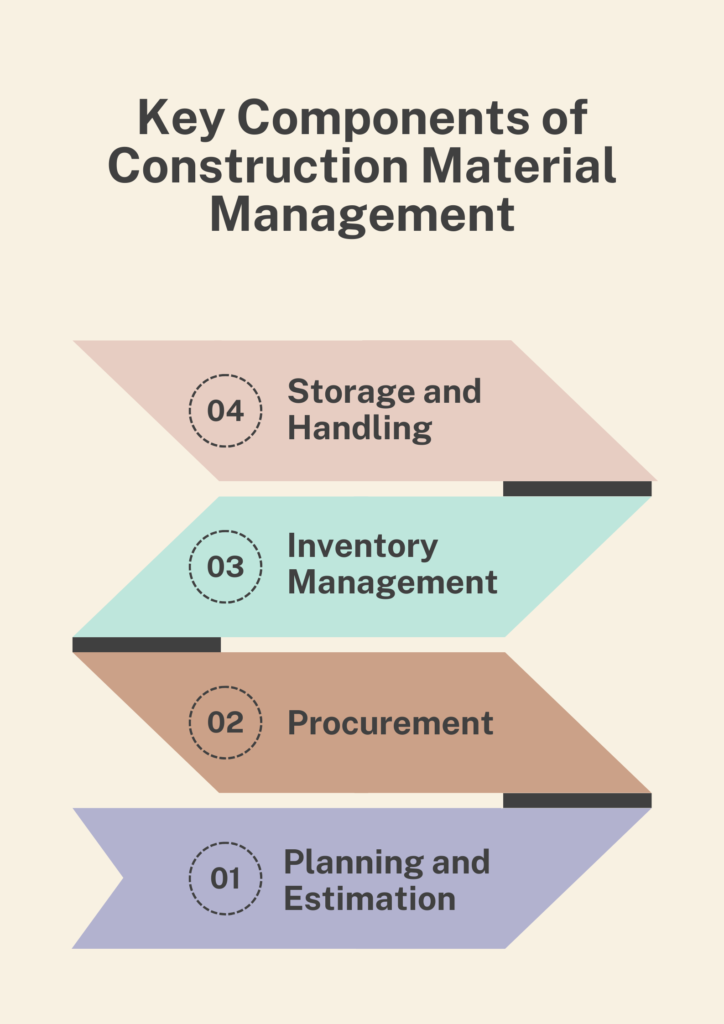
Planning and Estimation
- Accurate Estimation: A detailed estimation of materials required based on project specifications and design is fundamental. This involves understanding the project scope, reviewing design documents, and collaborating with architects and engineers to ensure all materials are accounted for.
- Scheduling Deliveries: Aligning material deliveries with project timelines and phases is crucial. This prevents the overstocking of materials on-site, which can lead to storage issues and potential damage.
Procurement
- Sourcing Materials: Procuring materials from reliable suppliers ensures quality and timely delivery. Establishing strong relationships with suppliers and negotiating favorable terms can result in cost savings and consistent material availability.
- Negotiating Prices: Effective negotiation with suppliers helps in staying within budget. This involves understanding market trends, comparing quotes, and leveraging long-term supplier relationships.
Inventory Management
- Tracking Material Usage: Maintaining accurate records of material usage and stock levels helps in efficient inventory management. Implementing systems for real-time tracking can prevent shortages and overstock situations.
- Preventing Theft and Damage: Implementing security measures and proper storage solutions to protect materials from theft and damage is essential. This includes secure storage facilities, surveillance systems, and trained personnel to manage inventory.
Storage and Handling
- Proper Storage Conditions: Ensuring materials are stored in suitable conditions to prevent degradation is critical. This includes considerations for temperature, humidity, and protection from environmental elements.
- Efficient Handling: Proper handling techniques reduce waste and damage during material movement. Training workers on best practices and using appropriate equipment can enhance material handling efficiency.
Examples of Construction Material Management on Project Sites

Residential Building Projects
- Planning and Estimation: Detailed BOMs and BOQs are used to estimate quantities of cement, steel, bricks, and finishing materials. These documents are essential for budgeting and procurement planning.
- Procurement: High-quality materials that comply with local building codes and standards are sourced. This ensures that the construction meets regulatory requirements and achieves desired quality standards.
- Inventory Management: Construction management software is used to track material usage and reorder supplies as needed. This technology enables real-time monitoring and efficient inventory control.
- Storage and Handling: Secure storage areas are set up on-site to protect materials from weather and theft. Proper storage solutions, such as covered shelters and locked storage rooms, are implemented.
Infrastructure Projects
- Planning and Estimation: Estimating large quantities of materials like asphalt, concrete, and steel for roads and bridges requires detailed planning and coordination. Accurate estimates help in budgeting and scheduling.
- Procurement: Coordinating with multiple suppliers to ensure timely delivery of materials is crucial. This involves managing logistics and transportation to keep the project on track.
- Inventory Management: Detailed records of material usage are maintained to manage large-scale inventories. This helps in tracking consumption patterns and identifying potential shortages or surpluses.
- Storage and Handling: Heavy machinery is used for efficient material handling and storage. Proper equipment and trained operators ensure that materials are handled safely and efficiently.
Role of Construction Management Software
In today’s digital age, construction management software like Rdash has revolutionized the way material management is handled on project sites. Rdash is a comprehensive construction management tool that simplifies and streamlines various aspects of material management, making it easier for clients and contractors to oversee and control the process.
Key Features of RDash:
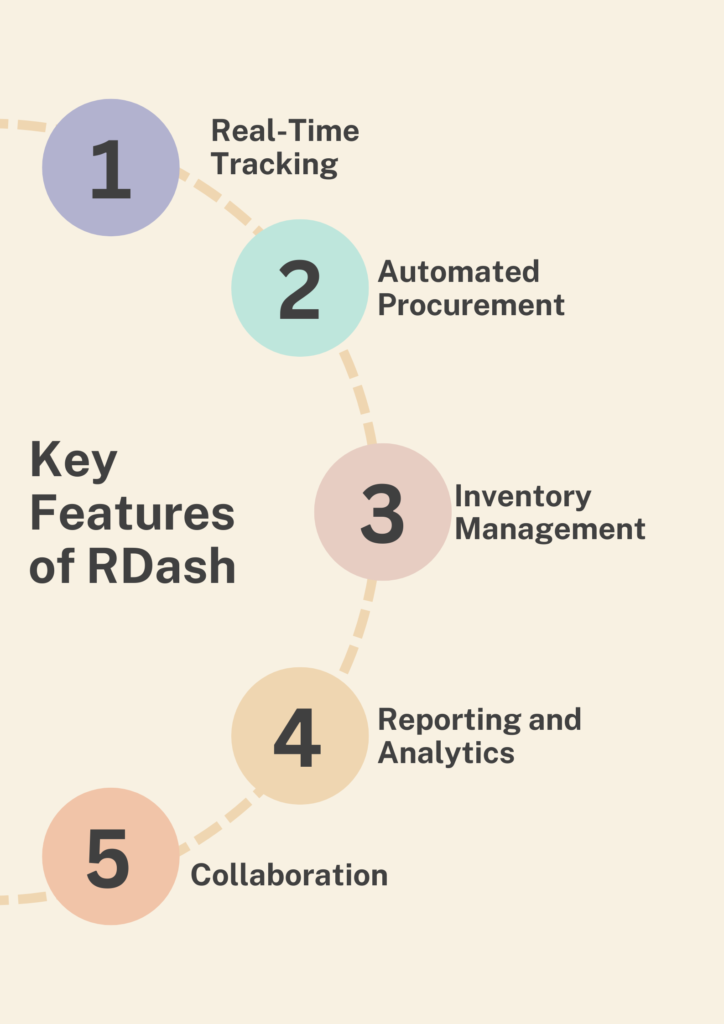
- Real-Time Tracking: Monitors material usage and stock levels in real-time, providing up-to-date information for better decision-making. This feature allows project managers to respond quickly to any changes in material requirements.
- Automated Procurement: Facilitates automated procurement processes, ensuring timely ordering and delivery of materials. By automating these processes, RDash reduces the risk of human error and ensures that materials are ordered when needed.
- Inventory Management: Offers advanced inventory management features, including alerts for low stock levels and tracking of material movement. These features help in maintaining optimal inventory levels and preventing shortages or overstock situations.
- Reporting and Analytics: Provides detailed reports and analytics on material usage, costs, and inventory status, helping in identifying trends and areas for improvement. These insights can be used to optimize procurement strategies and improve overall project efficiency.
- Collaboration: Enhances collaboration between different stakeholders, ensuring everyone has access to the same information and reducing communication gaps. This fosters better teamwork and coordination among project teams.
Benefits of Using RDash:
- Efficiency: Streamlines material management processes, reducing manual work and potential errors. This efficiency translates into cost savings and improved project timelines.
- Cost Savings: Helps in controlling costs by optimizing procurement and reducing wastage. By providing accurate material usage data, RDash enables better budget management and cost control.
- Transparency: Increases transparency and accountability, allowing clients and contractors to monitor material management closely. This transparency builds trust and ensures that all stakeholders are informed about material usage and costs.
- Simplicity: Makes it easy for users, even those with limited technical expertise, to manage materials effectively. The user-friendly interface and intuitive features of RDash make it accessible to a wide range of users.
Conclusion
Construction material management is a cornerstone of successful project execution in the Indian construction industry. By ensuring that the right materials are available at the right time and in the right quantities, effective material management helps in controlling costs, maintaining quality, and adhering to project timelines. This process includes accurate planning and estimation, efficient procurement, meticulous inventory management, and proper storage and handling of materials. Embracing efficient material management practices is essential for achieving excellence in the rapidly evolving Indian construction landscape.

